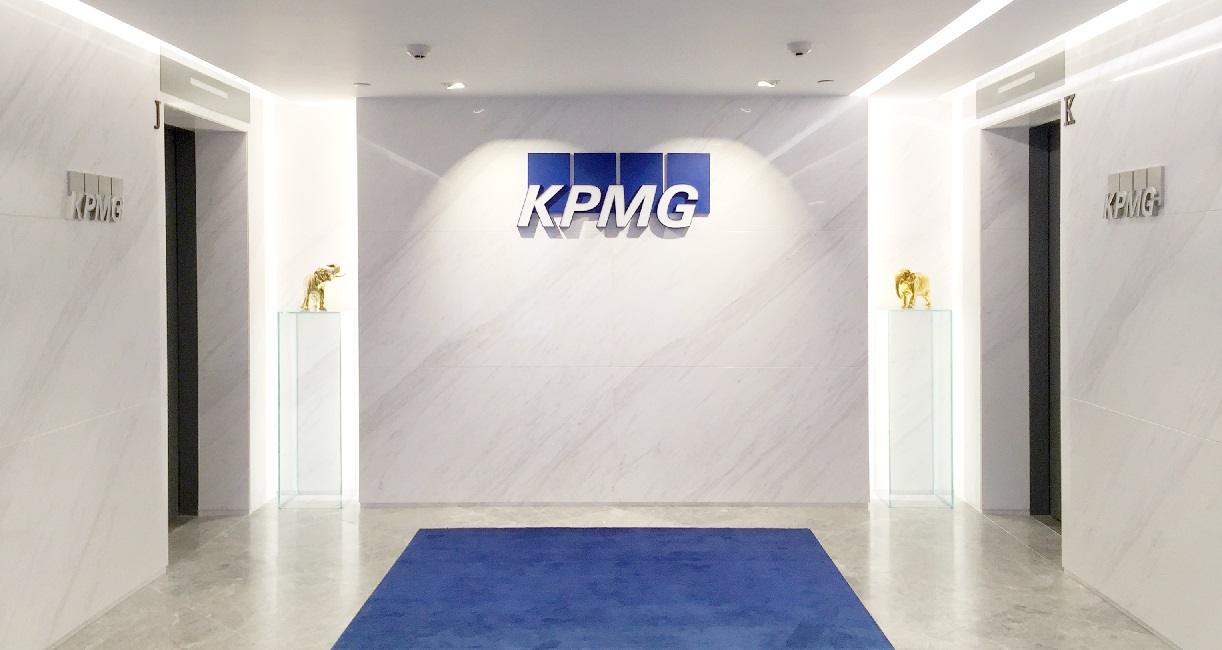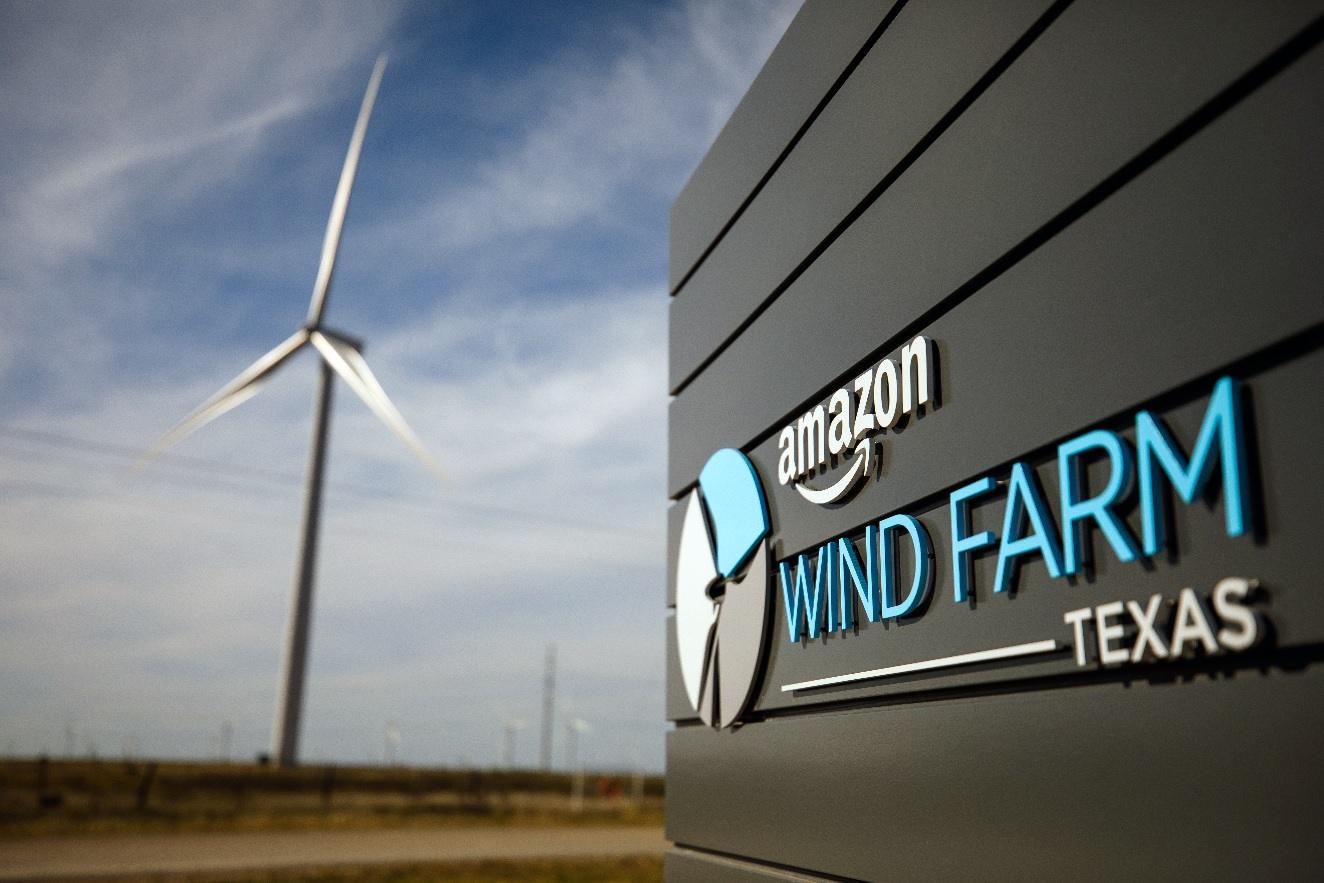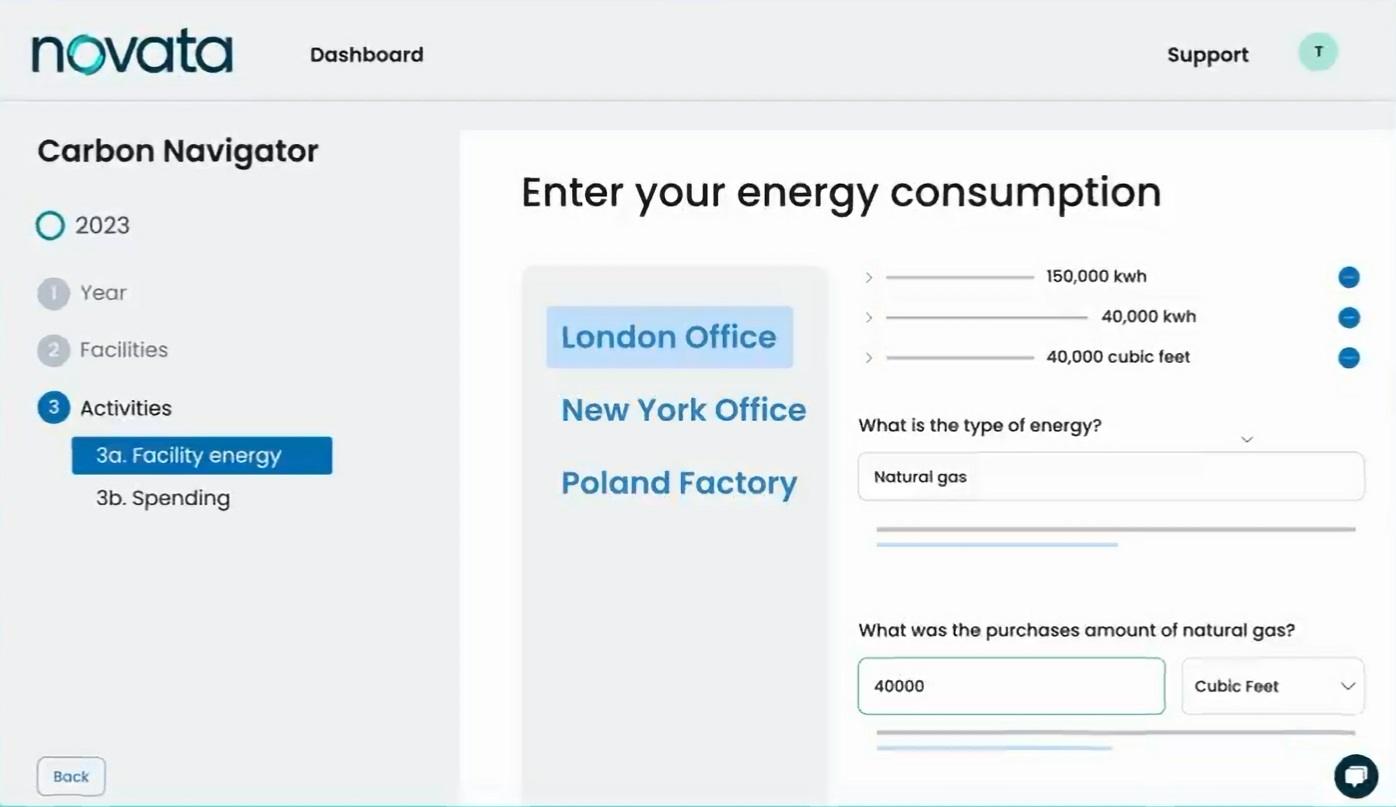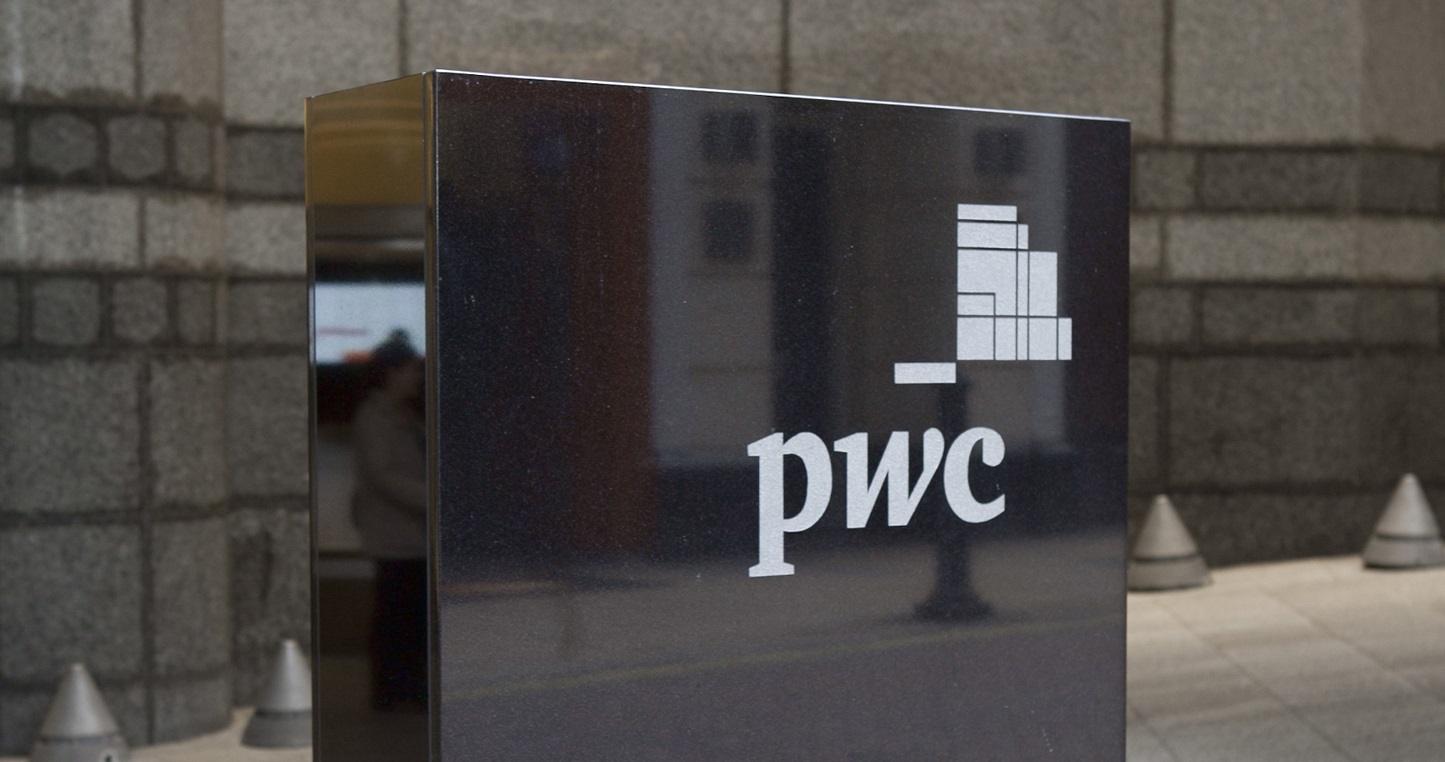KPMG Survey: Sustainability Reporting Gaining Traction, Room for Improvement in Biodiversity, SDGs
Professional services firm KPMG announced the release of the 2020 KPMG Survey of Sustainability Reporting, with findings including more widespread use of sustainability reporting by the largest companies across the world, but room to improve on areas including biodiversity loss and balanced SDG impact reporting.
To conduct the survey, KPMG reviewed corporate reporting from 5,200 companies, targeting the top 100 companies by revenue in each of 52 different countries and jurisdictions.
According to the survey, ESG transparency overall continues to increase, with 80% of companies now reporting on sustainability, up from 75% in the prior survey conducted in 2017. Notably, the pace of growth has picked up as well, with only a 2 percentage point increase reported in the 2015-2017 period. By region, North America leads on sustainability reporting rates with 90% of companies reporting (up from 83% in the prior survey), followed by Asia Pacific at 84% (vs 78% prior), Europe at 77% (unchanged), and Middle East and Africa at 59% (vs 52% prior).
This year’s survey marks the first by KPMG to study reporting by companies regarding biodiversity risk, a new focus area for corporate reporting. Richard Threlfall, Global Head of KPMG IMPACT and Global Head of Infrastructure, KPMG International Limited, and one of the lead authors of the report highlighted the emerging importance of this area of corporate reporting:
“In 2020, a succession of research reports emphasized the scale and urgency of the biodiversity challenge. These included the World Wildlife Fund (WWF) Living Planet report, which revealed a 68 percent drop in wildlife populations around the world since 1970.7The fifth UN Global Biodiversity Outlook highlighted the importance of biodiversity in fighting climate change and ensuring long-term food security as well as the link between unprecedented biodiversity loss and the spread of disease. It also reported that none of the 20 objectives adopted at the start of the UN’s Decade on Biodiversity in 2010 has been fully met.
“A report from the Swiss Re Institute found that over half (55 percent) of global GDP depends on high-functioning biodiversity and ecosystem services at a time when one-fifth of the world’s countries are at risk of ecosystem collapse.”
According to the survey, however, only 23% of at-risk companies currently disclose biodiversity-related risks. High risk sectors for biodiversity loss include Construction and Building Materials, Electricity, Food and Drug Retail, Food Producers and Processors, Forestry and Paper, Leisure and Hotels, Mining, Oil & Gas, and Utilities. Of these, only mining has a majority of companies (51%) reporting on biodiversity-related risks.
Threlfall added:
“As the findings of this survey suggest, many companies have a long way to go when it comes to providing a full picture of business risks from biodiversity loss.
“However, I am optimistic that, as we have seen with climate-related disclosures, rapid progress is possible, especially when there are strong drivers. We are beginning to see increasing scrutiny by investors of companies’ biodiversity-related risks, as well as responses including the launch of the Task Force on Nature-related Financial Disclosures (TNFD). This initiative aims to develop corporate reporting practices and metrics that will help financial stakeholders better understand their exposure to biodiversity-related risk through the companies they invest in, lend to and insure.”
Another area explored by the KPMG survey was reporting related to UN sustainable development goals (SDGs). The report found a significant increase in SDG awareness, with 69% of companies connecting their business activities to the SDGs in their corporate reporting, up significantly from only 39% in 2017. According to the findings of the survey, however, transparency regarding SDG reporting is still lacking, with 86% of SDG-reporting companies disclosing only the positive contributions made towards achieving the goals, and only 14% also including negative SDG impacts.
Importantly, the survey found that the use of guidelines and standards for sustainability reporting by companies is increasing, with 77% of reporting companies using some kind of guidance or framework. According to the survey, GRI remains the dominant global standard for sustainability reporting, used by 67% of reporting companies, with SASB and ISO standards also commonly used.
Eric Hespenheide, Chairman of GRI, said:
“I welcome that organizations all around the world increasingly understand the importance of disclosing their impacts on the economy, the environment and society. Not only are their stakeholders demanding it, they realize that improved sustainability performance leads to more resilient and effective business practices.
“This KPMG research indicates that most large and mid-sized companies are deciding that the GRI Standards provide the most effective way for them to disclose their sustainability impacts. By enabling reporting that is comprehensive and consistent, with widespread adoption, GRI offers a global common language for corporate transparency.
“While the continued growth in sustainability reporting is encouraging, more needs to be done to drive up the quality and depth of disclosure. What is important is that companies apply the same rigor in communicating both sustainability and financial impacts. That is why GRI supports the mandating of sustainability disclosure, as being progressed by the EU, as well as the IFRS’ moves to ensure financial reporting reflects sustainability risks.”





